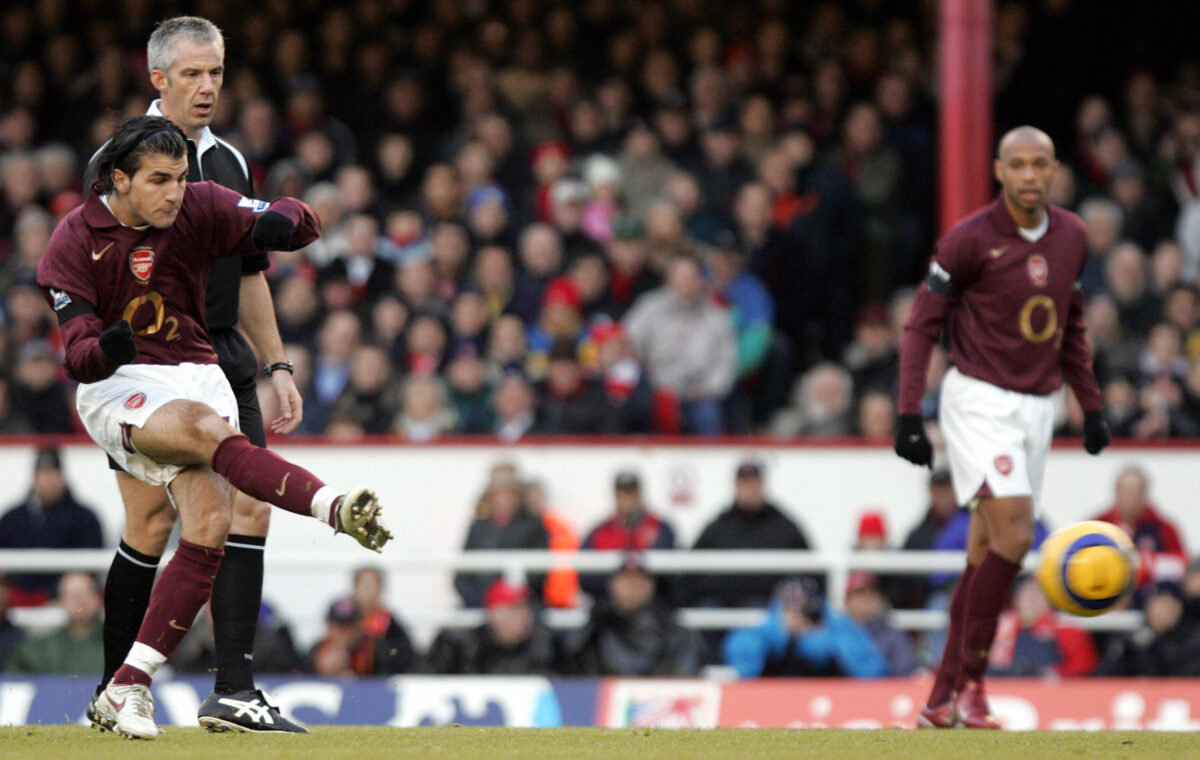
Is there a specific time when soccer players end their careers? Is there a one size fits all or are there differences in the time limits imposed on a player’s career? We hope to do our best to answer these questions and more in this article.
Football has evolved a lot over time. Modern Football is much more sophisticated than the one played in the eighties and nineties. This refers mainly to the pace of the game, because today’s football is much faster than the football that was played in the past. A large number of games in different competitions, commitments to the national team and training, all this requires a great effort from the players.
Unfortunately, this leads to a great exhaustion of players, fatigue of their muscles, knees and joints, so that players often decide to end their careers in their thirties. Most football players retire at the age of 30. Also, as players age, they lose their speed and other performance characteristics that are very important to the game. Modern football does not tolerate a player who is slow and cannot follow the pace of the game.

In today’s football, you are not able to improvise. It requires a high level of preparation and fitness. In addition, players’ injuries heal more slowly as they age. Injured players cannot do justice to the coach’s tasks and the game plan that today’s soccer requires.
That’s why most football players decide to end their careers in their 30s. In the eighties and nineties, the pace of football was slower and the commitments during the season were much less. The schedule for practice and commitments was not as tight, allowing players to rest more between games. During this time, it was not uncommon for players to still be playing in their thirties and forties. They had plenty of time to rest, and the pace was easier to manage than today. Why do soccer players retire in their 30s?

Why do football players retire after 30?
-
No family time
There are a number of reasons why footballers retire at the age of 30. One of them is that modern football involves a lot of commitments, with many competitive matches, where the player does not have enough time for his family. Many footballers retire earlier for this very reason, to spend more time with their family. In time, many get fed up because they have achieved everything they wanted and lose the motivation to continue. This includes the trophies they have won and the financial security. Nevertheless, these reasons for quitting are less significant compared to others.

-
Loss of physical abilities
With age, players mainly lose speed and strength. It is difficult for a thirty-something year old to keep up in a game with much younger players. The lack of strength and fitness to meet the demands of the game for the entire 90 minutes affects the player’s confidence. His games are much weaker, which inevitably leads to a loss of pace and energy in the team. A player in his thirties can no longer meet the demands of modern football.
Unfortunately, the great effort the player has put in by then is reflected in the wear and tear of muscles, joints and knees, eventually making the player slower and more prone to injury. Injuries sustained by players during these years heal more slowly. Many players whose contracts with one club expire face the problem of finding another club. It is difficult for a club to offer a contract to a player in his late playing years, which is why most football players quit at age 30.

-
Injuries
The most common reason for football players to retire is due to injuries. Serious injuries unfortunately interrupt the careers of many players. One of the most serious injuries to football players, besides a broken leg or arm, is an anterior cruciate ligament injury. This is an extremely strong ligament that serves to stabilize the knee, and it is one of the most serious injuries in sports anywhere. This post-surgical injury requires a rehabilitation period that can last anywhere from 6 months to a year. Approximately 60 percent of soccer injuries are knee injuries. This is often due to the crampons on the cleats that soccer players use.

The crampons provide stability when kicking, but the rotational forces in the knee are much stronger. Meniscus and knee injuries require surgical treatment. Ankle sprains or dislocations are also common injuries in soccer. They are caused by contact or awkward movements. Footballers also complain of pain in the groin. Foot injuries are also typical, and are caused by contact with opposing players, jumping, kicking, or poor equipment. Broken bones as a result of opponents’ pushes or falls. These are some of the most common injuries, and the older soccer players get, the greater the problems and challenges they face.

Summarily, players usually sign their first professional contract at the age of seventeen, and the average duration of a football career is eight years. The average retirement age of a soccer player is 35. Taking the age of 35 as a benchmark and working backwards and forwards from there, depending on the player’s position and playing strength, is therefore a good starting point.
Did this article answer your question? Read about the difference between football and soccer here
Credit:
https://www.football-stadiums.co.uk/articles/what-do-footballers-do-when-they-retire/



